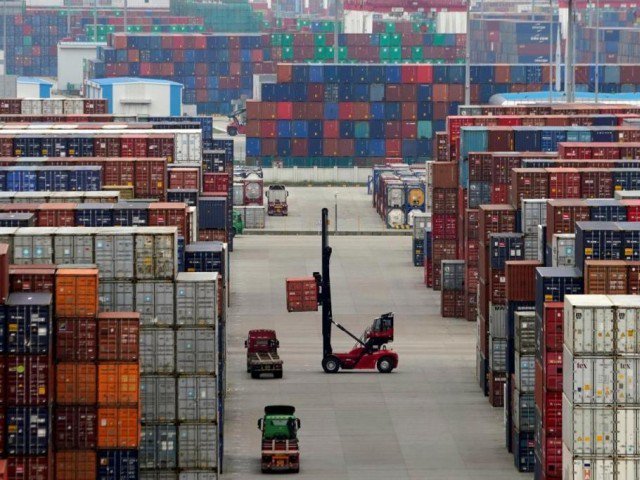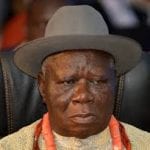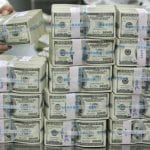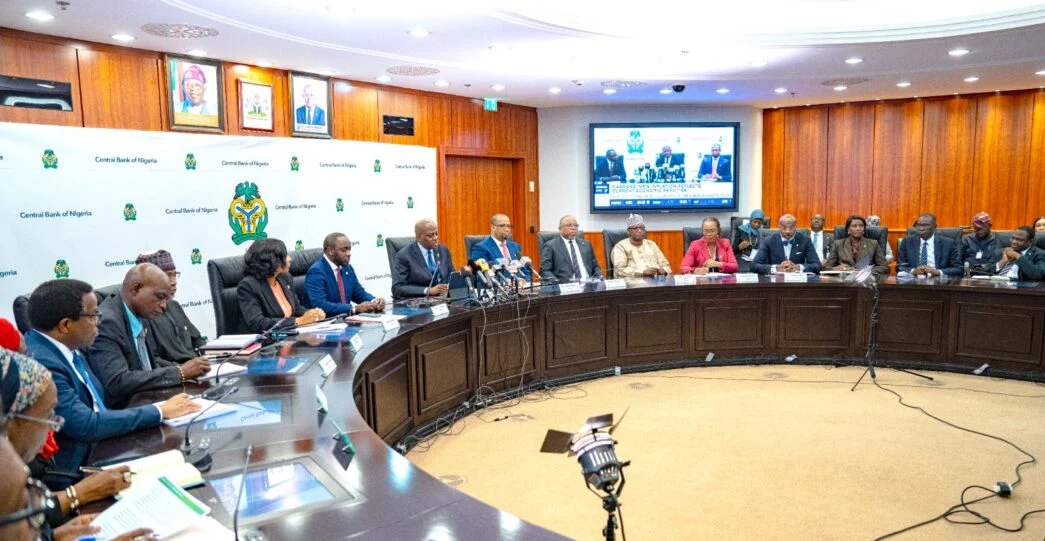Nigeria’s capital importation declined by as much as 31.1% year-on-year and 48.2 percent quarter-on-quarter (QoQ) in Q3’18 to $2.9 billion, the lowest since 2017, data from country’s data body, Nigeria Bureau of Statistics (NBS) shows.
The value of Foreign Portfolio Investments (FPIs) inflow into the economy decreased significantly to $1.79 billion in Q3 2018 from $4.23 billion and $3.32 billion in the preceding quarter and the corresponding period of 2017, respectively, according to data obtained by PSN.
The country’s Foreign Direct Investments (FDIs) however rose to record $530.6 million at the end of third quarter (Q3) ended September 2018, the highest in three years since the third quarter of 2015, according to data from the Nigerian Stock Exchange (NSE).
The FPIs accounted for the bulk of capital imported into the country (60.3 percent), while foreign direct investments and other investments made up 18.6 percent and 21.1 percent respectively.
The NSE data shows that the majority of Nigeria’s capital importation (both FDI and Portfolio Investment in equity) stood at 58.4 percent, representing the bulk of capital importation; with the banking and financing sectors being investors’ favourite destinations.
So far this year, foreign investments have been concentrated in the money markets ($7.5 billion), with the equity space following at $2.1 billion; and the bond market recording fewer interest with inflows of $773 million, according to NSE data.
Capital inflows into the money market stood at to $1.3 billion in the third quarter of 2018, while equity and bonds inflows stood at $394.5 million and $37.5 million respectively, a pattern consistent to foreign investors’ preference for money market instruments in the last two quarters.























Leave a comment